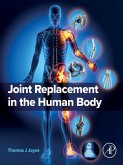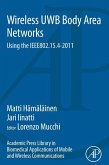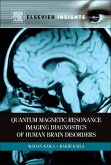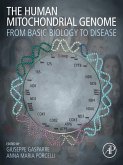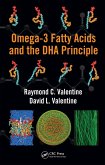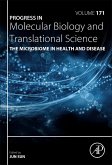The concept of free will has long been accepted in society as the controlling force behind human behavior, and it is regarded as a fundamental truth within the Christian faith and other religious dogmas. But what if free will is a myth? When biophysicist Bruce Lehnert started to question the notion along with the legitimacy of his prior faith-based religious teachings, he discovered the scientific reality he sought.
In The Irresponsible Human, Lehnert turns the assumption of free will on its head. He does so by providing scientific evidence in support of the book's deterministically premised Central Thesis. That is, humans have no conscious or unconscious control over their thoughts, intentions, and physical actions. Lehnert adheres to the deterministic laws of cause and effect, which he summarily calls the "Law of Must", without deviation in his analyses. The results lay bare the fallacy that humans possess the capability to consciously regulate their mental and physical behaviors. Instead, all evidence indicates we are controlled by our unconscious minds over which we also lack regulatory dominion.
¿
Accordingly, humans are not responsible for their mental and physical behaviors, thereby providing us all with an excuse as need be for all prior errant judgements and actions. Further, the validity of the Central Thesis puts an end to free will as a fundamental foundation upon which Christianity and other religious dogmas are based. Instead, our hope resides in our choice selections, which both prescribe and are our individual destinies.
In The Irresponsible Human, Lehnert turns the assumption of free will on its head. He does so by providing scientific evidence in support of the book's deterministically premised Central Thesis. That is, humans have no conscious or unconscious control over their thoughts, intentions, and physical actions. Lehnert adheres to the deterministic laws of cause and effect, which he summarily calls the "Law of Must", without deviation in his analyses. The results lay bare the fallacy that humans possess the capability to consciously regulate their mental and physical behaviors. Instead, all evidence indicates we are controlled by our unconscious minds over which we also lack regulatory dominion.
¿
Accordingly, humans are not responsible for their mental and physical behaviors, thereby providing us all with an excuse as need be for all prior errant judgements and actions. Further, the validity of the Central Thesis puts an end to free will as a fundamental foundation upon which Christianity and other religious dogmas are based. Instead, our hope resides in our choice selections, which both prescribe and are our individual destinies.
Dieser Download kann aus rechtlichen Gründen nur mit Rechnungsadresse in A, D ausgeliefert werden.




